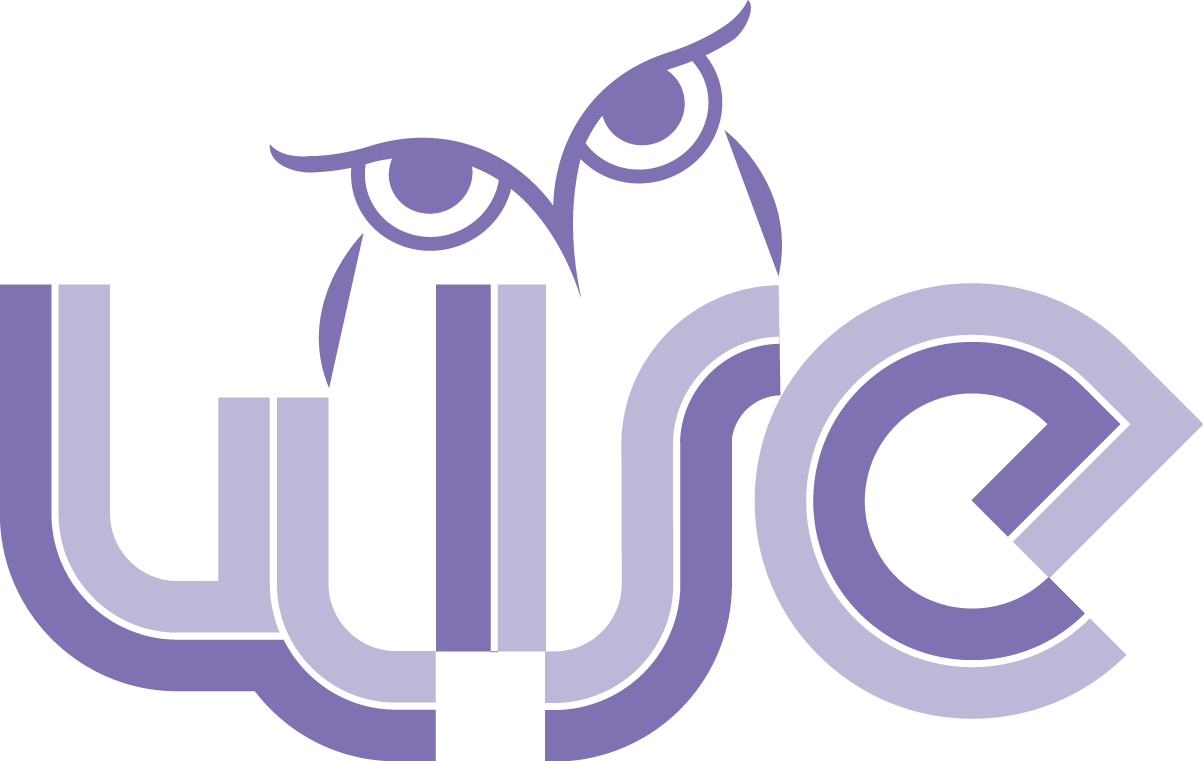Learned But Did Not Learn
I have been teaching for almost 8 years now yet I did not realize then I had been teaching the whats until I started to teach adults. It then dawned on me that the how-to became more prominent. Since then, a shift has taken place incrementally in the way I learn and the way I teach.
When I started teaching Mandarin to adults, apart from teaching the whats, I needed to explain the hows so that students are able to make sense of the language and use it when they leave the classroom. As the course advances, students are required to read Chinese characters instead of Chinese phonetics (Hanyu Pinyin). Without explaining the structure and components of the Chinese characters, remembering and recognizing them is a challenge. One student realized that she needed to understand what those components in the characters meant so that she could recognize them. Then, she needed to learn how to write them. After that, she needed to practice how to write them before she could do the homework. She realized that without these steps, she was not able to do the homework swiftly. She also realized that interest and the wish-to-know motivated her to make time doing revision every day. She witnessed the results herself without needing my cajoling.
Using her case as an example, realizing the process of developing a certain skill in the language besides having a keen interest in Mandarin, she took the effort to learn it thoroughly. As she developed a certain skill in the language, her confidence grew and she carried on learning. It showed me that learning entails a process in which when one step is missing, learning is not complete. And that is the common sense all of us have but it has been overlooked because we are not trained to notice the process, we are hardwired to get results and to get things done.
Learning entails a process in which when one step is missing, learning is not complete.
When I was in school, students were divided into two groups — the Science and the Arts. The elites were categorized into the Science stream while those “not doing quite well” remained in the Arts. There is something not quite right with this system. If learning entails common sense, if learning entails how things work, then, there is no such thing as Science and Arts, isn’t it? Because regardless of Science or Arts, they are how things work in that particular field of subjects. If only the education system emphasizes on the hows rather than the whats, students would be more empowered to learn, rather than to study. And schooling need not be as stressful as what I had gone through. Though I went to school, I seemed to have learnt but did not really learn. I learned the what, not the how and thus, I did not actually learn.
I guess it is safe to say that the idea of a “good” meditator or a “bad” meditator is another belief which has sprung from not knowing and understanding the hows. A meditator is “good” simply because he / she understands how things work, knows how to work with it and make it work. Similarly, “I cannot meditate” is also a belief springing from not knowing how meditation works. That language implies not being able to do something. Hence, I feel lousy about myself. But if I see meditation not as something to do, not as a what-to-do, but as developing the skill of know-how, then, the direction of meditation moves from trying-to-get, trying-to-do, to learning, to development. Feeling peaceful and calm, being able to sit the entire night, maintaining a good posture and even getting aha moments here and there are not really the point if I do not know how those experiences come to be.
If I see meditation not as something to do, not as a what-to-do, but as developing the skill of know-how, then, the direction of meditation moves from trying-to-get, trying-to-do, to learning, to development.
Bearing this in mind has enabled me to meditate with the right intention and right attitude. Meditation is then seen in a wider perspective. It becomes a holistic approach in the learning journey where life itself becomes a classroom or a laboratory to develop the skills to address moment-to-moment arising and ceasing of mind-bodily processes as well as day-to-day issues. With this in mind, the duties and responsibilities in life need not be compromised in the name of meditation. In this way, everything in life is the right object of meditation.
With deep gratitude,
Stephanie
1 Aug 2023

